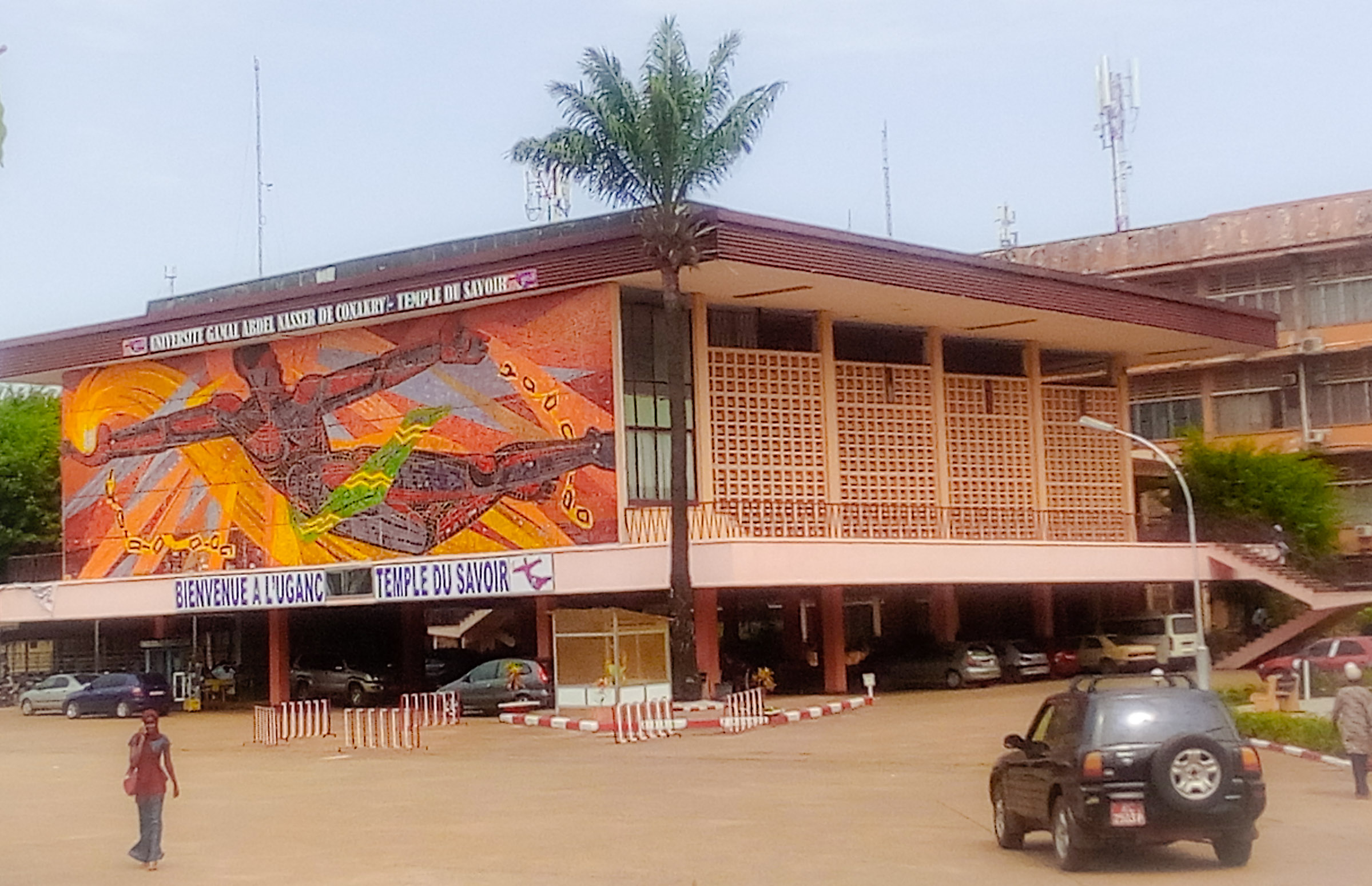|
Polytechnical Institute Of Conakry
Gamal Abdel Nasser University of Conakry (in French ''L'Université Gamal Abdel Nasser de Conakry'', UGANC), is the largest university in Guinea and located in Dixinn Commune, Conakry, Guinea. The name is generally shortened to the University of Conakry. History The university came into being in 1962 as the ''Institut Polytechnique de Conakry'', the first institution of higher education in Guinea, with the assistance of the Soviet Union. It was established during a period of progressive economic development in the country after independence. In 1970, the school's name was changed to the ''Institut Polytechnique Gamal Abdel Nasser de Conakry'' (IPGAN), after the popular Egyptian President Gamal Abdel Nasser. In 1989, it was renamed again, this time to the ''Université Gamal Abdel Nasser de Conakry''. In 1965, the separate ''École supérieure d'administration'' was incorporated into the ''Institut Polytechnique''. The university has a campus-wide computer network with a fib ... [...More Info...] [...Related Items...] OR: [Wikipedia] [Google] [Baidu] |
Pasteur Institute
The Pasteur Institute (french: Institut Pasteur) is a French non-profit private foundation dedicated to the study of biology, micro-organisms, diseases, and vaccines. It is named after Louis Pasteur, who invented pasteurization and vaccines for anthrax and rabies. The institute was founded on 4 June 1887, and inaugurated on 14 November 1888. For over a century, the Institut Pasteur has researched infectious diseases. This worldwide biomedical research organization based in Paris was the first to isolate HIV, the virus that causes AIDS, in 1983. Over the years, it has been responsible for discoveries that have enabled medical science to control diseases such as diphtheria, tetanus, tuberculosis, poliomyelitis, influenza, yellow fever, and plague. Since 1908, ten Institut Pasteur scientists have been awarded the Nobel Prize for medicine and physiology—the 2008 Nobel Prize in Physiology or Medicine was shared between two Pasteur scientists. History The Institut Pas ... [...More Info...] [...Related Items...] OR: [Wikipedia] [Google] [Baidu] |
Buildings And Structures In Conakry
A building, or edifice, is an enclosed structure with a roof and walls standing more or less permanently in one place, such as a house or factory (although there's also portable buildings). Buildings come in a variety of sizes, shapes, and functions, and have been adapted throughout history for a wide number of factors, from building materials available, to weather conditions, land prices, ground conditions, specific uses, prestige, and aesthetic reasons. To better understand the term ''building'' compare the list of nonbuilding structures. Buildings serve several societal needs – primarily as shelter from weather, security, living space, privacy, to store belongings, and to comfortably live and work. A building as a shelter represents a physical division of the human habitat (a place of comfort and safety) and the ''outside'' (a place that at times may be harsh and harmful). Ever since the first cave paintings, buildings have also become objects or canvasses of much artis ... [...More Info...] [...Related Items...] OR: [Wikipedia] [Google] [Baidu] |
Educational Organisations Based In Guinea
Education is a purposeful activity directed at achieving certain aims, such as transmitting knowledge or fostering skills and character traits. These aims may include the development of understanding, rationality, kindness, and honesty. Various researchers emphasize the role of critical thinking in order to distinguish education from indoctrination. Some theorists require that education results in an improvement of the student while others prefer a value-neutral definition of the term. In a slightly different sense, education may also refer, not to the process, but to the product of this process: the mental states and dispositions possessed by educated people. Education originated as the transmission of cultural heritage from one generation to the next. Today, educational goals increasingly encompass new ideas such as the liberation of learners, skills needed for modern society, empathy, and complex vocational skills. Types of education are commonly divided into formal ... [...More Info...] [...Related Items...] OR: [Wikipedia] [Google] [Baidu] |



